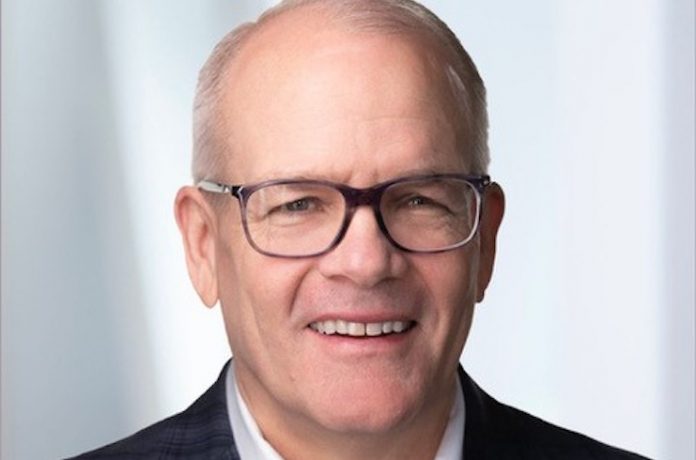
At the recent American Lodging and Investment Summit (ALIS), LODGING caught up with David Duncan, president and CEO of the hospitality investment, development, and management company First Hospitality. At that time, Duncan discussed why hospitality continues to be a solid investment strategy. He also described the genesis of and vision for First Hospitality’s $1 billion joint venture with the Georgetown Company, which develops and owns commercial, retail, and mixed-use properties and recently acquired the Hutton Hotel in Nashville.
How and why did you come to partner with the Georgetown Company, and what is the structure of the partnership?
Even before the pandemic, we—as a development owner-operator model—were on the hunt for a capital partner to deploy into good real estate lodging opportunities. Georgetown, on the other hand, had a fair amount of capital and was looking for a hotel operating partner. Although we were already industry friends, we feel lucky to have found each other that way. In addition to having a nice fit in terms of our respective specialties, we like the idea of working with people we know and trust.
The $1 billion hospitality investment platform Georgetown launched in partnership with our company gives it a significant interest in First Hospitality, which will be able to manage the upscale and luxury hospitality properties targeted and thereby add to its hospitality portfolio.
What distinguishes your first acquisition, The Hutton Hotel in Nashville, and how does it meet the partnership’s goals?
The Hutton Hotel is Nashville’s original boutique hotel. It has 250 rooms, 20 percent of which are suites, and 15,000 square feet of meeting space. This is an extraordinarily interesting and unique property. It is tucked up in Music Row near Vanderbilt University, close to the chaos of Broadway without being quite in the middle of it. There’s also a great vibe; it has a 300-seat entertainment venue, a restaurant that had already been reconditioned, and two recording studios. It dramatically marks Georgetown’s stated intention to enter the hospitality sector and represents a natural step in the continued expansion of the First Hospitality portfolio.
First Hospitality will manage the hotel, its on-site restaurant, and live-music venue. We will also complete the renovation already in progress, which includes design upgrades to its guestrooms and meeting spaces as well enhancements to activate the recently remodeled restaurant and lobby more fully.
What other types of properties are you now pursuing, and what challenges are you facing?
On the investment side, we’re looking for everything from extended-stay to select-service to what we call “compact full-service” properties with under 300 keys, such as the Hutton. What we believe sets any property apart is its energy level; for us, the sweet spot is being able to bring the kind of unique food and beverage experience that makes a full-service or a premium-branded select-service hotel just that much more interesting, with the potential to become a local neighborhood place as well as a guest amenity. Food and beverage—the part of the business we love most—is key in making a building unique, active, and local.
The challenge, however, is finding those buildings. There’s still plenty of capital available. In fact, there’s an oversupply of capital to acquire hotels because a lot of capital was raised with the expectation of deep discounts due to the pandemic. Our own experience reflects this challenge: We have underwritten or seriously considered 285 deals in the last nine months, put in letters of intent on 40, and bought just one.
The sticking point for us with so many of the opportunities available now is the problems they had even before the pandemic. For example, a full-service hotel in a suburban location that U.S. corporate travelers were avoiding before the pandemic would be an even less attractive opportunity now.
Why even invest in hotels if opportunities are so limited now?
While I don’t think buying opportunities will be fantastic for a while, there are still good reasons to invest in hotels. Whatever situation you’re trying to manage—for example, a pension fund—everyone needs some yield, something to bring liquidity; and, historically, there’s more money to be made with hotels, which are 200-300 basis points over some of the other real estate assets. Also, with inflation now, real estate generally is viewed as a very good hedge against it. So, even with the challenges, I think hotel investment is still a solid strategy that plays pretty well for those trying to manage their yield. If you’ve got a good operator, you shouldn’t get hurt too badly.










